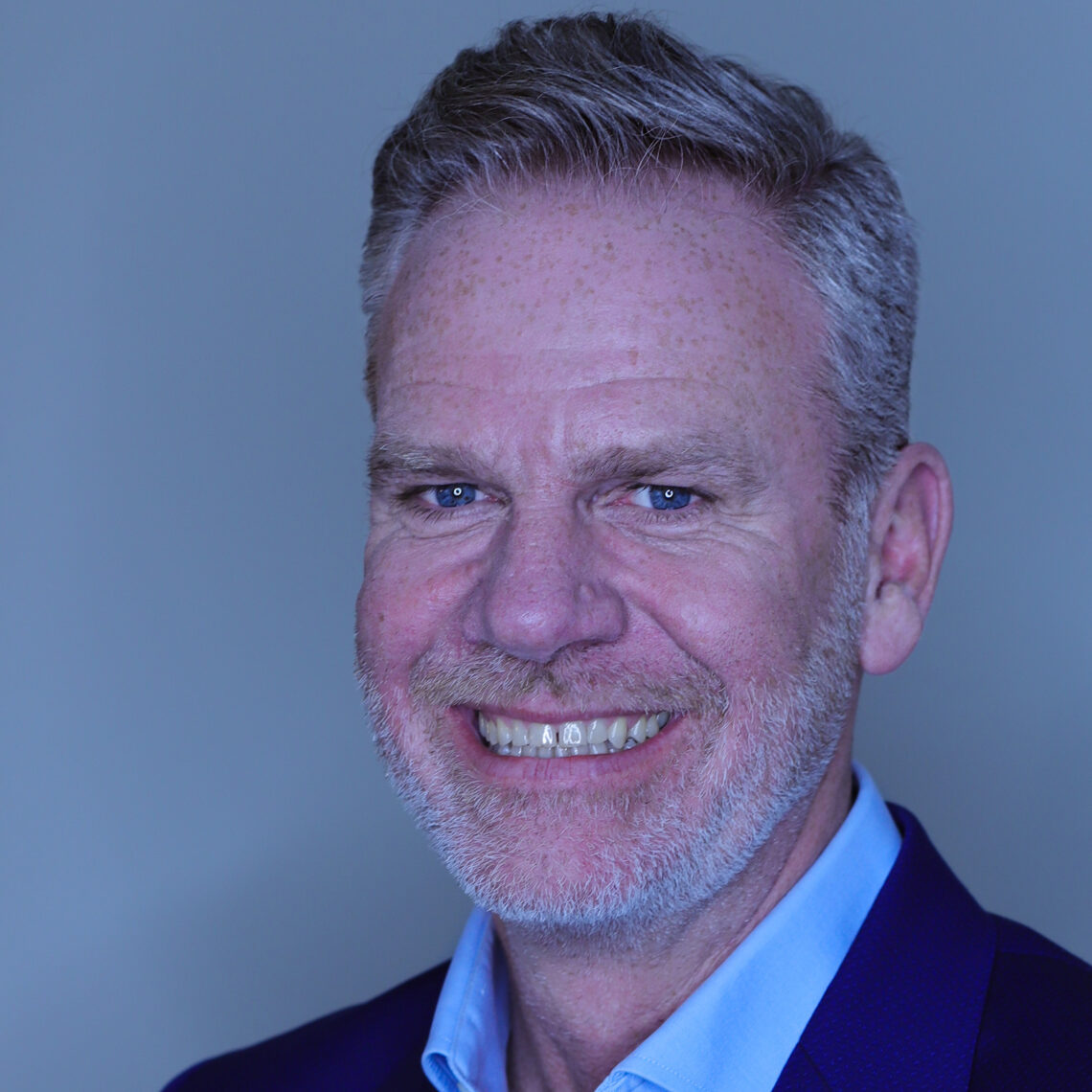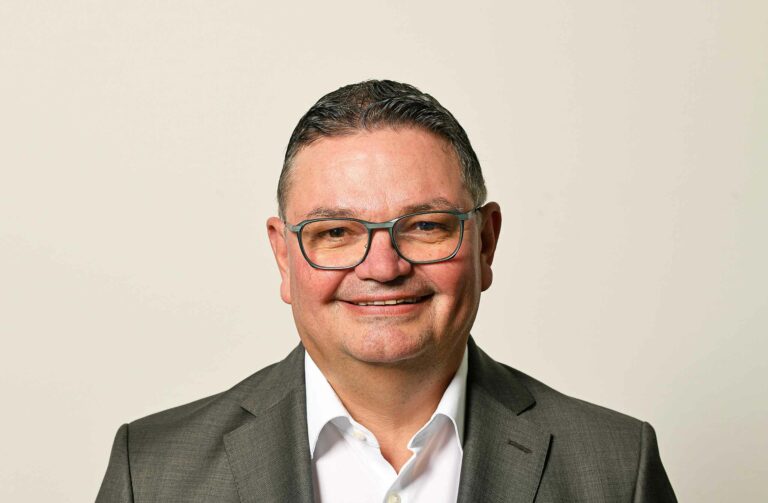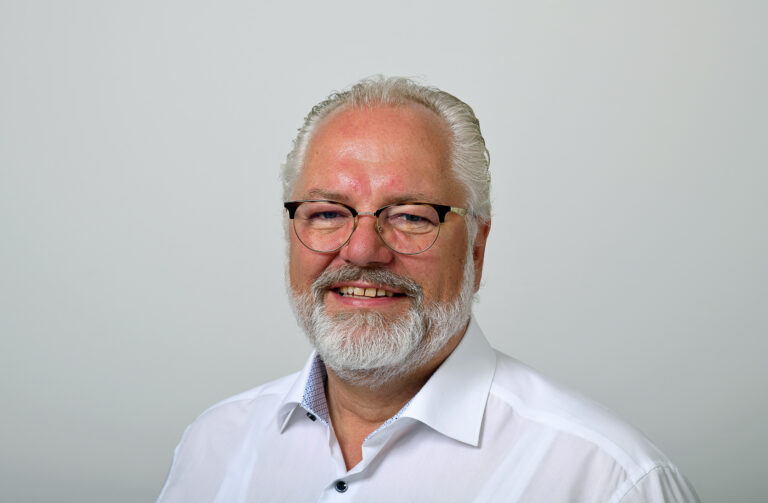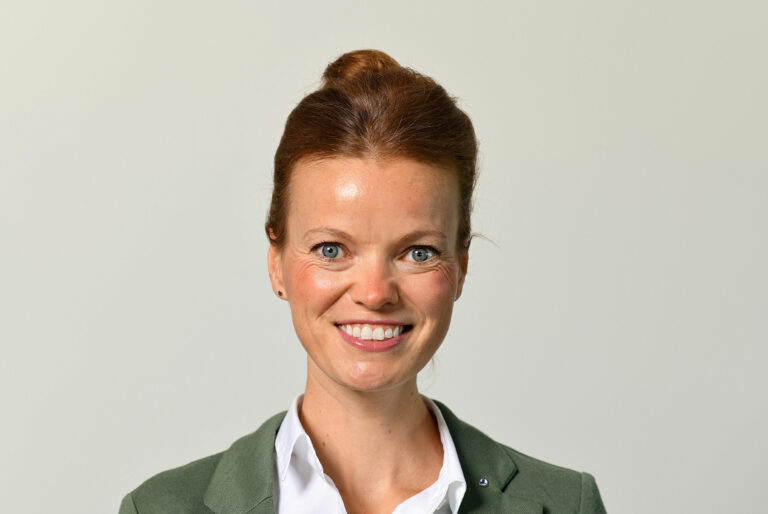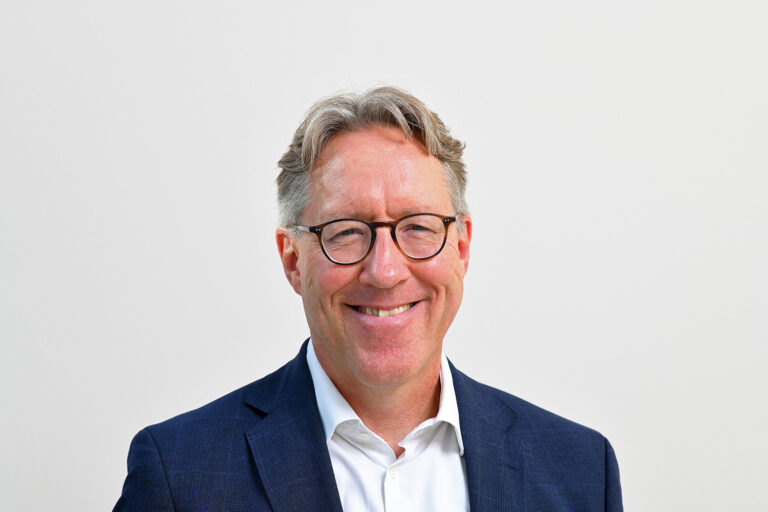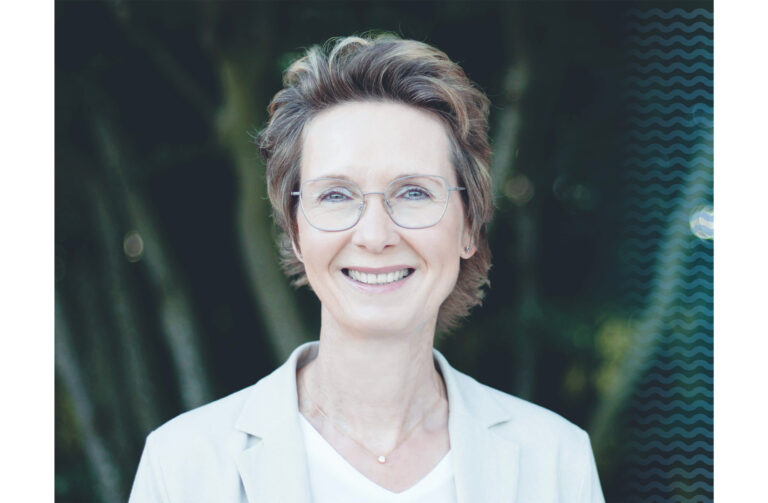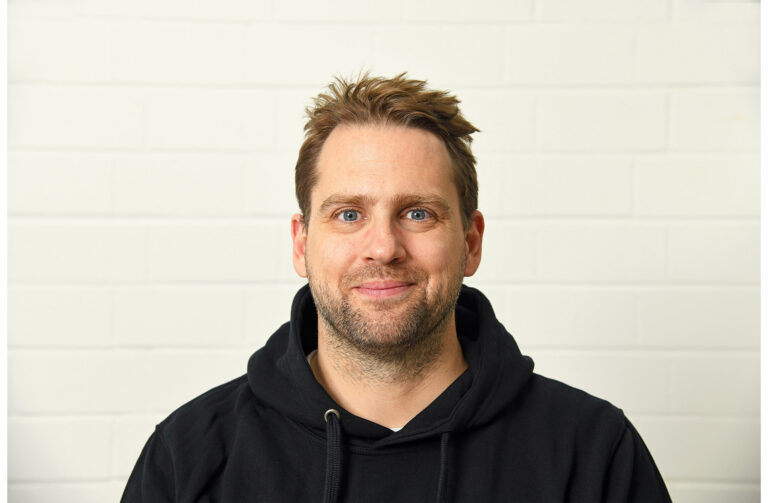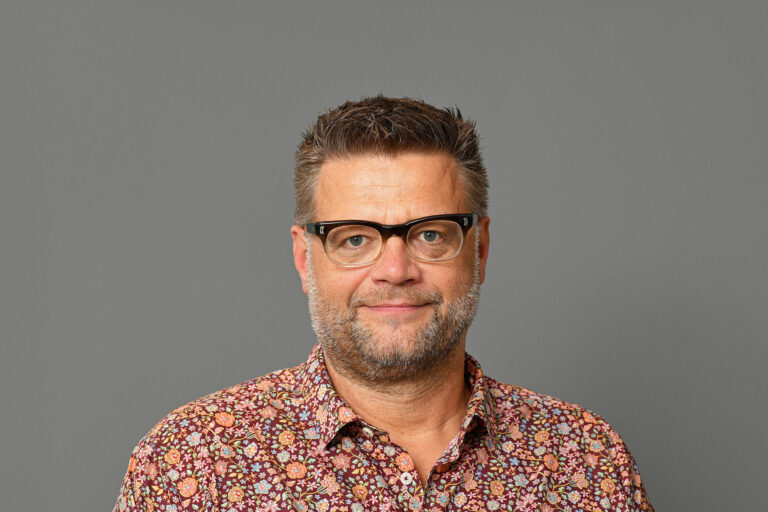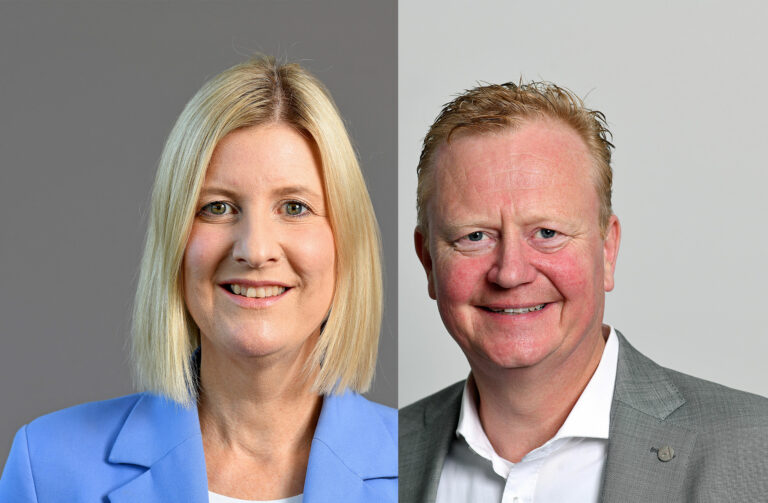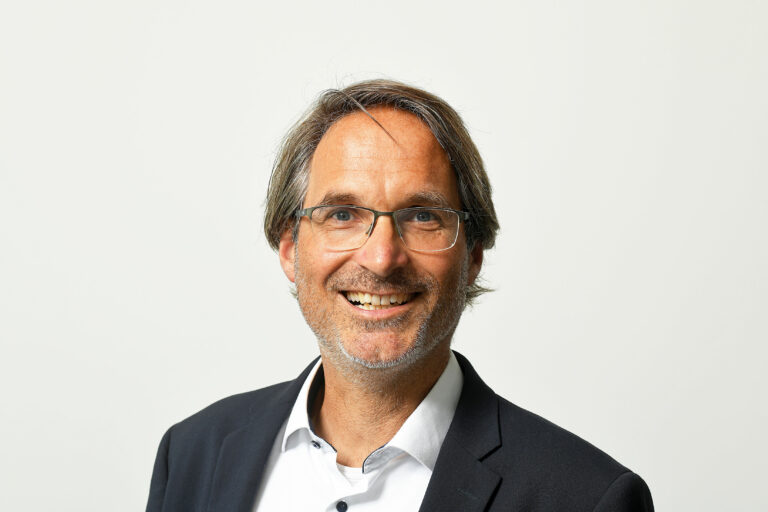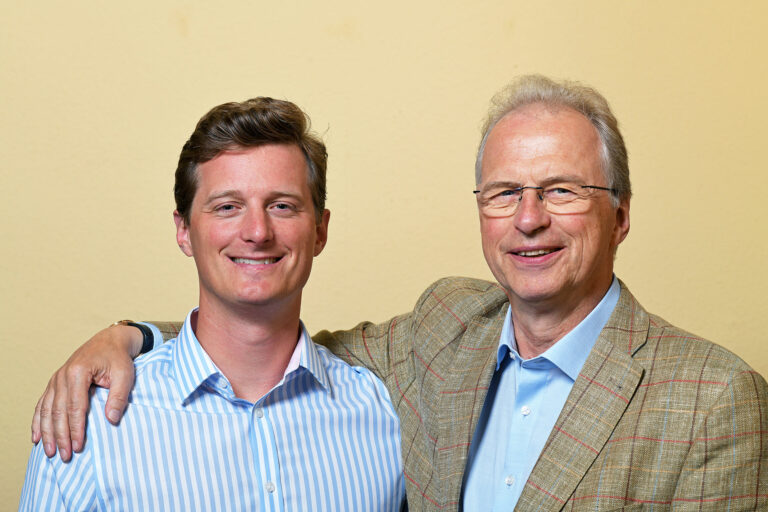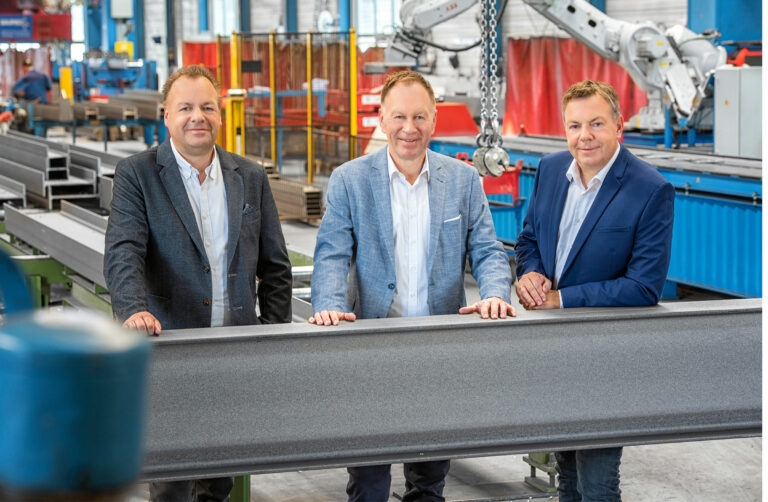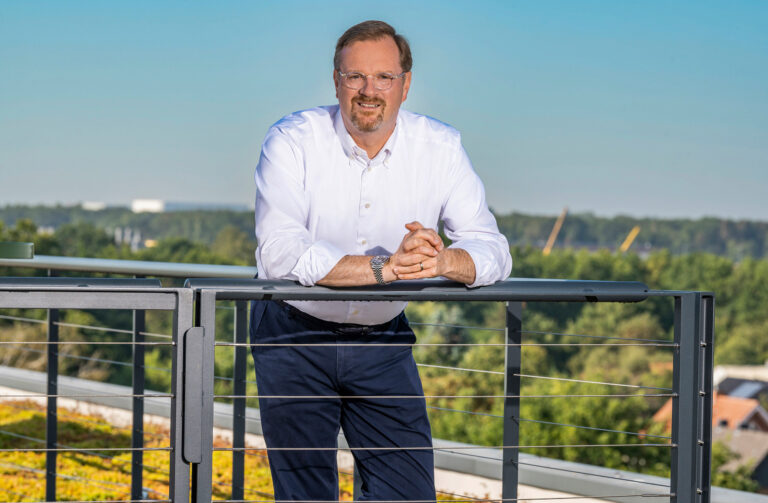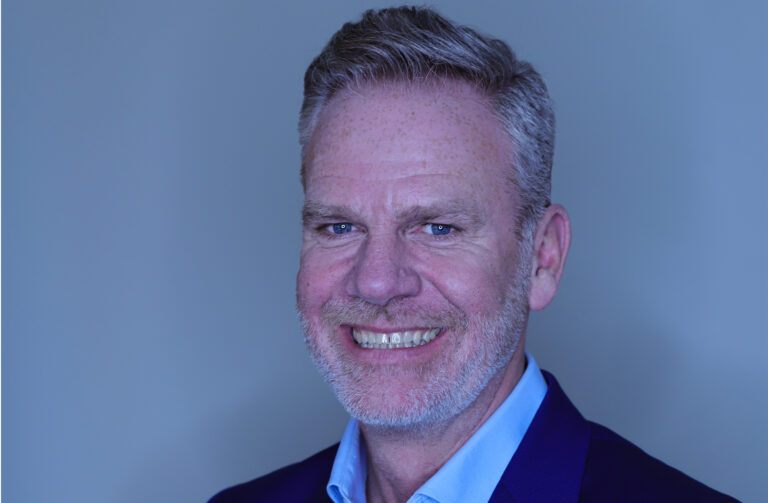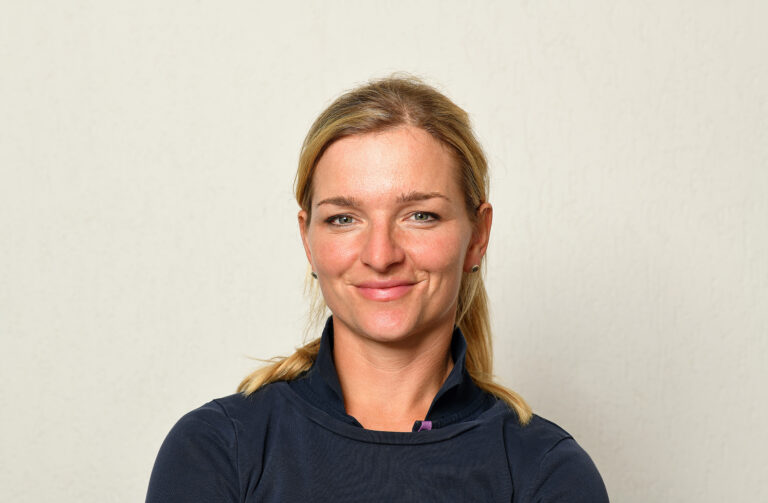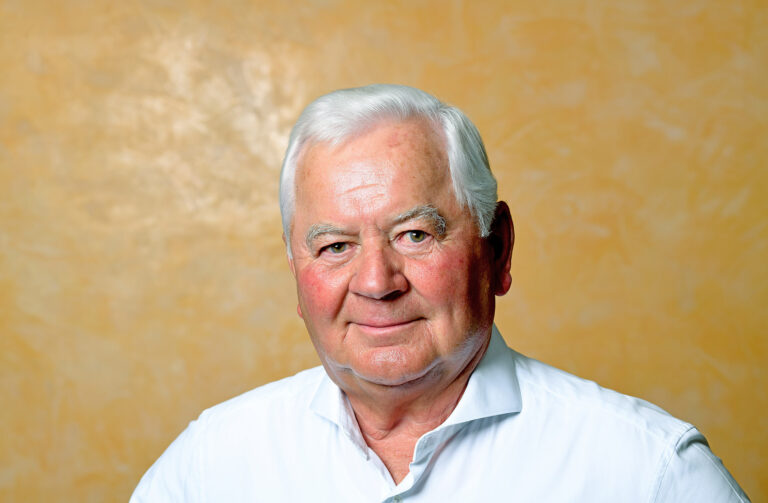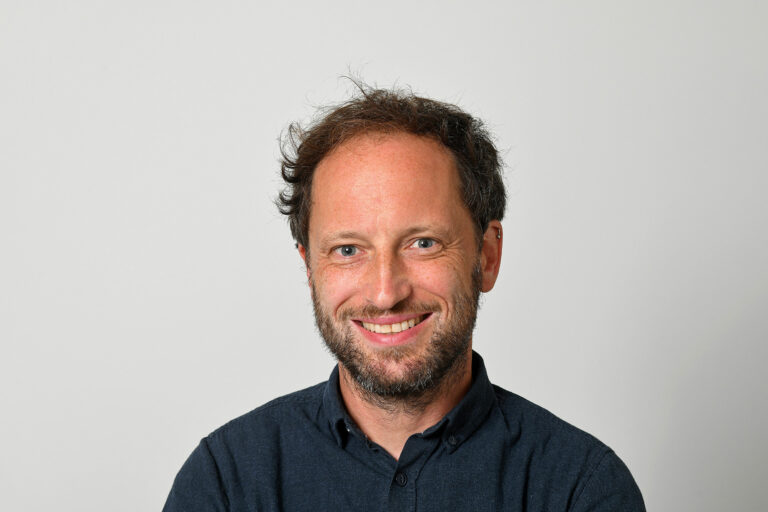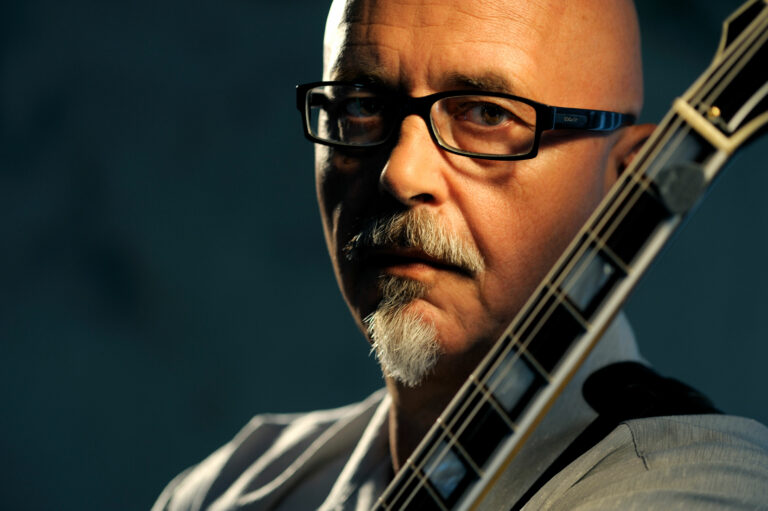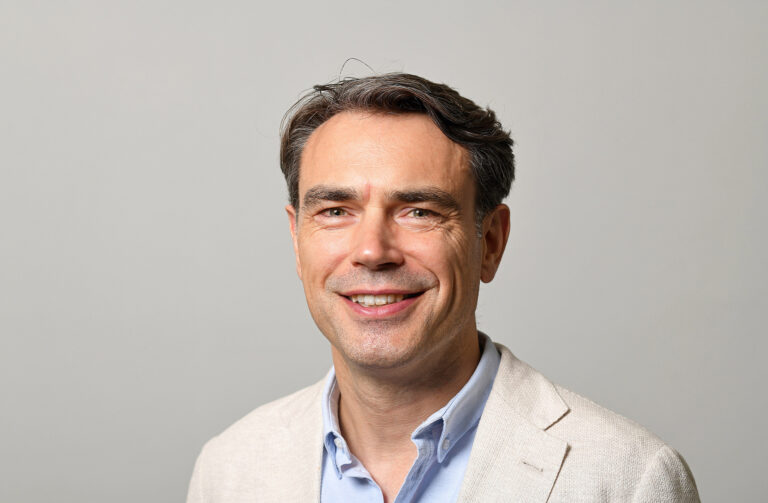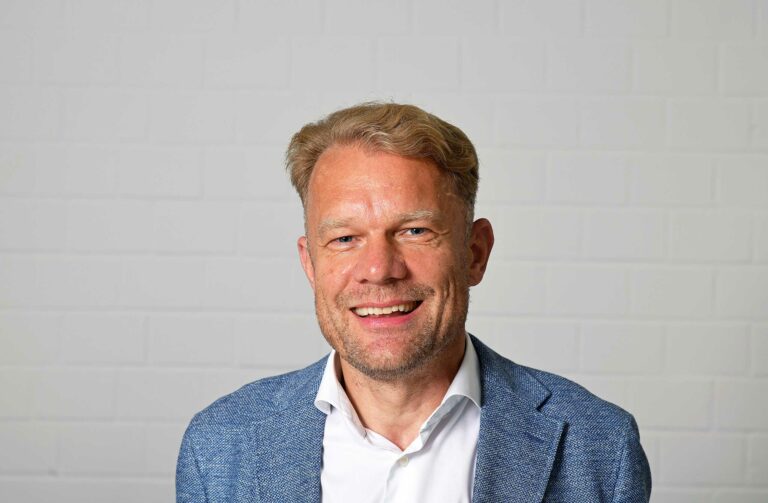Martin Deymann
Even as a child, Martin Deymann couldn’t imagine doing anything else than steering a barge along rivers and canals. He was just six weeks old when his father first took him on his own vessel, where he lived until he started school. From then on, as a schoolboy he spent every spare minute on the barge: in the holidays, at the weekends –he always felt pulled back to the water. At the age of 16 and with his secondary school leaving certificate in his pocket, he knew exactly what he wanted to do: he wanted to become a skipper.
His father, an experienced skipper himself, wasn’t so keen on the idea at first: “Learn a proper job,” he admonished his son. But he just replied: “But you are doing a proper job, aren’t you?” The youngster prevailed: “Dad, I’m going to be an inland shipping skipper, and there’s nothing you can do about it.” After training to be a sailor and captain, in 1991 he purchased his first ship at the age of 21. This was the “Aviso II“ which he bought from his father. “I can still remember exactly what it felt like when I came from the notary, saw the boat and knew: it’s mine now”. He still can’t imagine that there’s any better job than being a skipper, not anywhere in the world.
Martin Deymann now runs a shipping company in Haren called Reederei Deymann. Haren is Germany’s third-largest shipping town after Hamburg and Leer. “Shipping here has a tradition going back more than 500 years,” he says. About 50 of the 70 barges based in Haren belong to his company. They operate on all the major waterways in Europe, from Rotterdam to the Swiss border, on the Elbe and the Rhine, carrying chemicals, mineral oil, grain and containers.
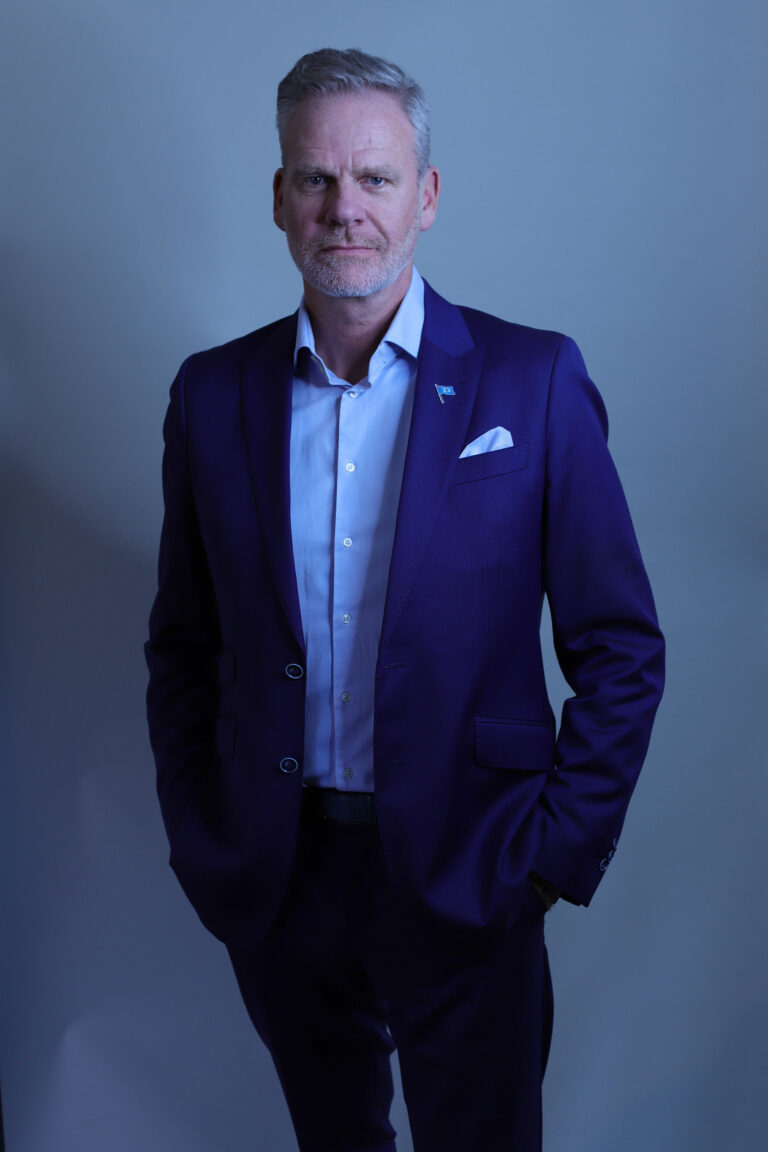
Shipping is changing
Many families in Haren have made their living from inland shipping for generations. It is a major economic factor in the region. But tradition alone is not enough. Shipping is changing, and this demands the ability to adapt: to think ahead, and in-vest in new kinds of technology. It is also important to remain curious and try out new things. These include autonomous operation, which is being discussed not just for roads and rail-ways, but also for waterways. Deymann’s shipping company is involved in “Seafar”, a Belgian research project that is develo-ping the control technology for the operation of semi-auto-nomous vessels. Two ships are already equipped with corre-sponding technology and can be manoeuvred by remote con-trol on the Rhine.
But to make autonomous s-hipping fit for the future, the waterways also have to play along. “Here in Germany we’ve got a huge problem with obsolete infrastructure,” says the 53-year-old. Many locks, canals and port facilities are in a di-sastrous condition. This causes congestion and delays on the water: “There are many locks where one of the chambers is regularly out of use.”
As managing- director of his shipping company, Martin Deymann now rarely chugs through locks. Sometimes he misses all the time he spent on the water as a skipper. Some-times he’ll still help out if there’s a manpower shortage on one of his boats, taking the rudder for a night, sleeping on board with the others, like he used to. The water won’t let him go of him properly anyway. A converted freighter on a branch of the river Ems is his home. The word “Freiheit” [freedom] is embla-zoned on the steering wheel; he could set off again at any moment. Back to the water.
On land – for the children
Martin Deymann went on land because of his children. “I knew that the wonderful time as a family on board the ship would come to an end once they started school,” he says. Did he really want to be like his father and be absent during the week? To be with his children only when they came on board at the weekends and in the holidays? Or to spend more time with the family? Martin Deymann decided to do things a bit differently from his father.
On discovering in 2004 that an entrepreneur was looking for a successor for his tankers, he didn’t delay long and soon made his move. On 21 May 2004, he went on land as a tanker skipper with two vessels. By 2005, he was the owner of eight vessels. “It all happened incredibly fast.” In 2013, he acquired a shipping company with seven ships, followed in 2019 by a freighting company in Hamburg. “To start with, I bought just one ship after another.” In 2024, he then also acquired a haulage company in the Netherlands, “to cover all transportation routes”.
Today the shipping company operates from five sites, with Switzerland and Luxembourg joining Haren, Rotterdam and Hamburg. Two of the 53-year-old’s three children are also already involved in shipping. His son is learning to be a captain, and one of his daughters is studying port management in Rotterdam. His younger daughter still goes to school. “I think it’s quite conceivable that the next generation will keep the shipping company going one day.”
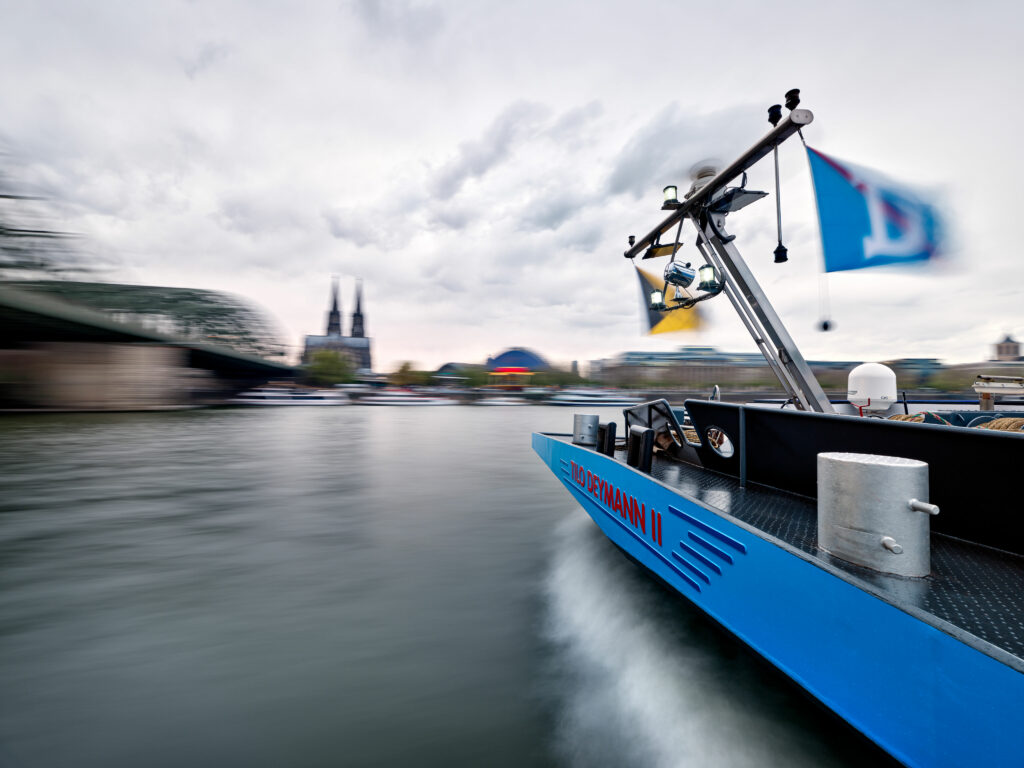
Thinking outside the box
Martin Deymann also wants his children to live in an environment that is worth living in. This is something that drives him to act. Standards for emissions and for the environment are being tightened up in the inland shipping sector. The shipowner sees this as a chance for solutions to be developed and totally rethought. It is also an opportunity to be daring. The shipping company is constantly investing in modernising the fleet. The average age of freigh-ters in Germany is 67.5 years. The vessels owned by Martin Deymann’s company are much younger: 20 years on average, or roughly 40 years for the tankers. How do you keep ships young? By selling old ships and investing the money in new ones – or by giving them an upgrade.
“In recent years, we have put great effort into rebuilding several vessels,” says Martin Deymann. “For example, we completely replaced the stern in two ships, putting in state-of-the-art technology instead.” The vessels are now more environmentally friendly and capable of operating even at low tide. The company is also experimenting with new technologies, such as water emulsion, where water is injected into the fuel to reduce soot emissions. “Inland shipping is said to be one of the most environmentally friendly means of transport,” says Martin Deymann. “But we must keep on developing all the time, in order to defend our reputation.”
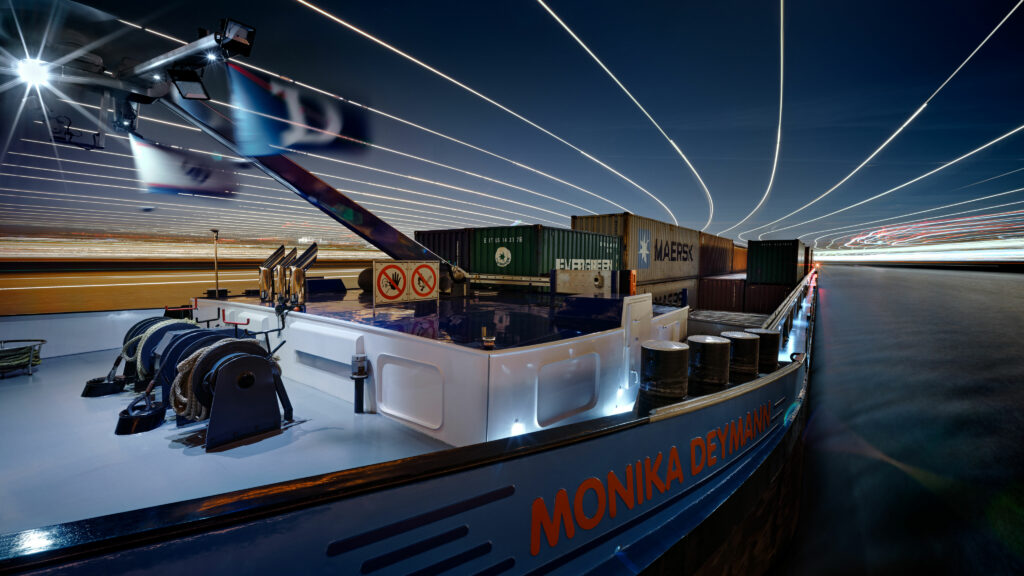
Taking charge of training
But even the most environmentally friendly vessels won’t help if there’s nobody there to sail them. Many captains are approaching retirement, but there is a shortage of new skippers. “Not enough people were trained in the 1990s,” complains Deymann. It is also increasingly difficult to recruit skilled workers abroad.
What can be done? It would be best if he took charge of training himself, thought the 53-year-old, and founded the “Flussakademie” [River Academy]: this is the converted freighter “Rolf Deymann”, where the company trains its own young talents. Here the trainees learn what it means to captain a ship. Future plans include taking all the trainees on a voyage together once a year. During the training courses, they even live on the ship. “They sleep on board, cook together, and work and learn on the ship during the day. That shapes them.” As a young man, Martin Deymann worked on his father’s ships. “I know how important it is to make sure that the passion for this job is passed on to the next generation. You see Europe from a different perspective, you’re constantly on the move, and you’re working with state-of-the-art technology. It never gets boring.”
Even if the shipping company has grown, it still has an intimate work culture. Many of the employees have been working there for a long time, and Martin Deymann has also been known to conclude a contract of employment by a handshake at the Haren funfair. People simply know each other. “We’re like a big family. And that’s what drives me to keep developing the company,” he says. “Standing still is the same as moving backwards – and that’s just not on.”
Shipping in his veins
His time as skipper shaped Martin Deymann: navigating narrow canals, coping with fast-flowing rivers, defying the wind, being cautious at bridges, mas-tering the challenges: he loves it all. He is not happy without water. Back in the day when he was a child, his father thought he was doing the family a favour by booking a holiday flat in the Harz mountains where they could go for walks and collect berries. “I was just so glad to get back on board again,” says Martin Deymann, and laughs at the memory. “My father never tried it again.”
There was another time in his childhood when their holidays on board were left hanging in the balance because the engine broke down. The ship was not seaworthy and got stuck in Haren port. “So we children simply went on board here in the port and spent our holidays there.” Life on board is like a virus. “It just gets hold of you. And you can’t get rid of it again. There’s no way I could live in a house. I’ve got it in my veins, there’s nothing I can do about it.”
Reederei Deymann Management GmbH und Co. KG
Sie sehen gerade einen Platzhalterinhalt von Standard. Um auf den eigentlichen Inhalt zuzugreifen, klicken Sie auf den Button unten. Bitte beachten Sie, dass dabei Daten an Drittanbieter weitergegeben werden.
Mehr Informationen
